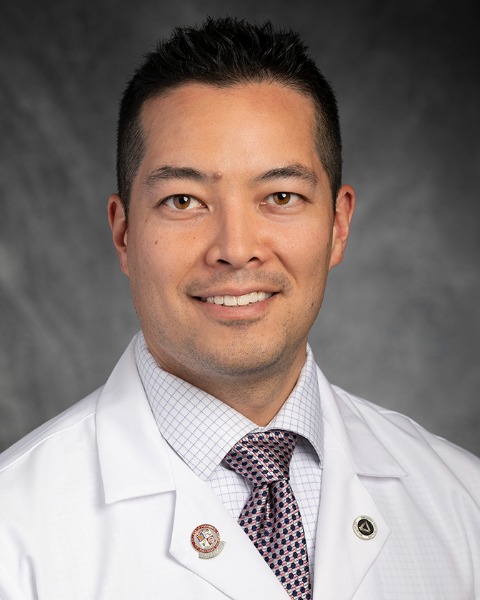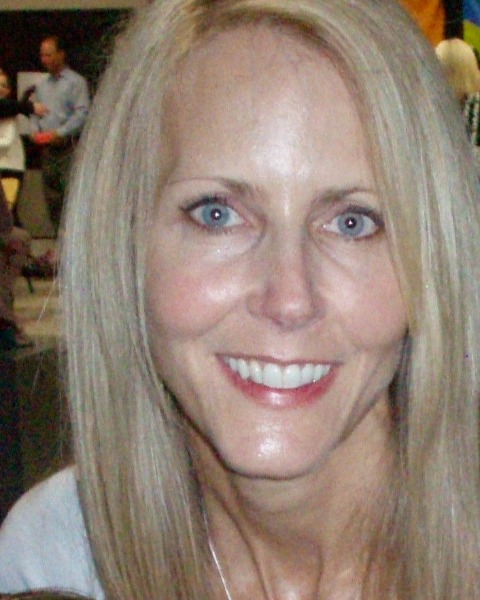PICS Clinic Med Rec and Specialty Referrals From a Multidisciplinary Team Enhance Holistic Care
-

Jason Makii, PharmD, FCCM
Director of Pharmacy
University Hospitals Cleveland Medical Center
Cleveland, Ohio, United StatesDisclosure information not submitted.
-
JK
Janet Kloos, CCNS, CCRN, PhD, RN
Clinical Nurse Specialist
University Hospitals Cleveland Medical Center, United StatesDisclosure information not submitted.
-

Kehllee Popovich, ACNP, MSN
APP Education; Structural Heart Program - Clinical APP
University Hospitals Cleveland Medical Center
NoveltyDisclosure information not submitted.
-
MD
Michael Dzigiel, PT, DPT
Inpatient PT - Clinical Specialist
University Hospitals Cleveland Medical Center, United StatesDisclosure information not submitted.
-
sK
stephanie Kubec, OTR/L, CSRS
Senior Therapist
University Hospitals Cleveland Medical Center, United StatesDisclosure information not submitted.
-
RS
Robert Snyder, MAEd, RRT, RCP
Pulmonary Disease Navigator
University Hospitals Cleveland Medical Center, United StatesDisclosure information not submitted.
-
EK
Elisabeth Korosec
Care Transitions Social Worker
University Hospitals Cleveland Medical Center, United StatesDisclosure information not submitted.
-
EH
Elizabeth Hewett
Chaplain
University Hospitals Cleveland Medical Center, United StatesDisclosure information not submitted.
First Author(s)
Co-Author(s)
Title: PICS clinic med rec and specialty referrals from a multi-disciplinary team enhance patient care
Introduction: Recovery after intensive care is complex requiring physical, cognitive, emotional, social and spiritual assessments and attention. Regarding the person in a holistic manner requires a multidisciplinary approach in a Post ICU clinic. We posited that medication reconciliation and referrals for Social Work, Psychiatry, and Physical, Occupational, Speech, Neuro-Cognitive, and Pulmonary Therapy would be made as a result of the specialty assessments provided by our multidisciplinary PICS team.
Methods: We captured data on our PICS clinic patient population for the first year of the clinic appointments. Medication reconciliation data (type and number) as well as referral data (type and number) are reported to internally on a quarterly basis.
Results: In the first year of the Post ICU clinic, Fifty-five patients were scheduled and twenty-six of those patients attended their appointments (47% show rate). Twenty-nine patients did not attend and needed to be rescheduled due to illnesses, readmissions, quarantine, or other unknown reasons. Overall, 417 medications were reconciled (~16 medications/patient), 21 stopped, 19 new, 2 drug interactions identified. Three patients had no referral needs, and were provided home exercises by physical and occupational therapists. For twenty-three patients who attended the clinic, forty-two referrals were made to the disciplines of pulmonary, neurology psychiatry, ophthalmology, the CINEMA clinic, PT, OT, Speech, nutrition, cardiac and pulmonary rehabilitation. The Social Worker assisted patients with disability enrollment, finding transportation, and furniture needs. The chaplain met with patients to encourage their spiritual needs and assure them that illness was not a punishment for previous actions. The chaplain helped patients to identify ways to continue to grow spiritually during and after experiencing critical illness.
Conclusion: Our multidisciplinary PICS clinic team has a holistic approach to the post-intensive care of the patient. Our PICS clinic population has complex medication regimens and our clinic was able to generate 1.6 referrals for each patient that attended their PICS clinic appointment to a variety of specialty care teams to assist in the patient’s recovery journey.
